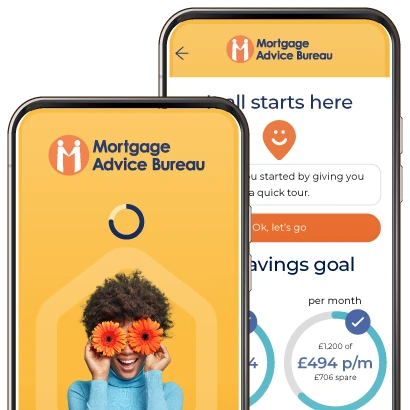Committed to responsible lending, the charter includes several policies designed to guide and reassure those impacted by high interest rates, and covers issues such as affordability and new rates.
More specifically, one of the clauses in the Charter offers greater flexibility to customers when it comes to house repossession. Let’s discuss exactly what this means and how it could potentially benefit you.
How does the Mortgage Charter impact the way repossessions are handled?
If you miss any of your monthly mortgage repayments, the usual process is that additional charges will be made to your account, and the lender will request that you bring the account up-to-date. If mortgage arrears are not cleared or grow larger, your lender may then take steps to repossess the property.
However, under the new Mortgage Charter, borrowers are protected by ensuring that a repossession will not happen within 12 months of the first missed mortgage payment. Additionally, the borrower will not be forced to leave their home without their consent - unless in exceptional circumstances.
The government recognises the need to repossess as an extreme last resort, and that the additional measures implemented by the Charter mean that every possible step will be taken to protect you against this worst-case scenario - from switching to a new deal without undergoing an affordability check, to extending your mortgage term to reduce payments.
I’m struggling to meet my mortgage payments and am worried that my house may be at risk of repossession - what should I do?
If you believe you are not going to be able to meet your upcoming mortgage payments and may be at risk of repossession, it’s important that you notify your lender immediately.
Under the Mortgage Charter, anyone who has concerns about meeting their mortgage repayments can contact their lender for help and guidance, without any impact on their credit file.
You can also reach out to debt charities such as StepChange, or Citizens Advice Bureau, for free impartial advice and guidance.
Before any decision is made regarding your current mortgage and steps to take in the current market, it’s always best to speak to an adviser to ensure you’re fully aware of your options and what this could mean for you both now and in the long run.
Whatever you may need, whenever you need us, we’re here to support you.
Important information
Your home may be repossessed if you do not keep up repayments on your mortgage.
There may be a fee for mortgage advice. The actual amount you pay will depend on your circumstances. The fee is up to 1% but a typical fee is 0.3% of the amount borrowed.







